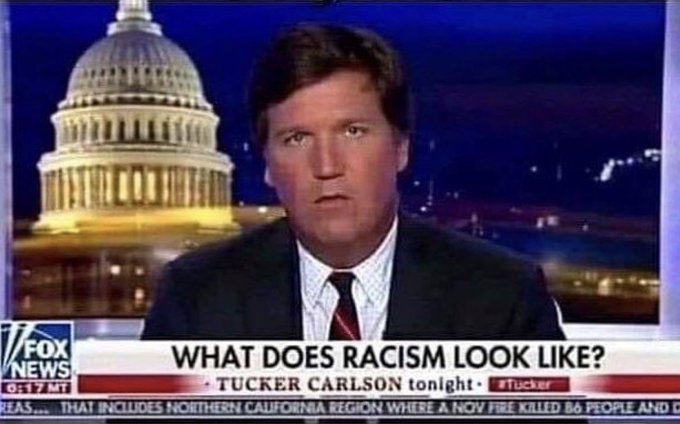- Joined
- Apr 18, 2013
- Messages
- 113,052
- Reaction score
- 103,649
- Location
- Barsoom
- Gender
- Male
- Political Leaning
- Independent
Duty to intervene: Floyd cops spoke up but didn’t step in

Derek Chauvin, Alexander Kueng, Thomas Lane, Tou Thao.
There are two fundamental obstacles to implementing meaningful police reforms. The first obstacle is a police culture that views police officers as part of a closed family - in this respect similar to a mafia family. Much like the Cosa Nostra, police departments operate under a credo similar to Omerta - a code of silence. Any police officer who reports another officer for police brutality will be ostracized with an implicit threat that fellow officers will not be in any hurry to assist him/her if they should need immediate assistance. No officer will want to team up on patrol with the "rat". Informing on another officer is an indelible (yet invisible) disgrace that will mark the officer forever. The other obstacle is police unions that have grown very powerful. The union will protect an officer from reprimand/termination no matter what. With union organization, the Buffalo police department turned out in front of court to cheer the two Buffalo police officers charged with pushing a 75 year old man to the ground and ignoring the pool of blood under his head. Police union bosses oftentimes also have a cozy relationship with the civilian leadership of a city, making campaign donations to city managers etc. One other sticky point is that police officers while on duty enjoy immunity from being named as a defendant in a civil lawsuit. The city/county is the entity on the hook for legal fees and civil judgement's awarded a plaintiff.

Derek Chauvin, Alexander Kueng, Thomas Lane, Tou Thao.
6/7/20
Minneapolis was among several cities that had policies on the books requiring police officers to intervene to stop colleagues from using unreasonable force, but that didn’t save George Floyd and law enforcement experts say such rules will always run up against entrenched police culture and the fear of being ostracized and branded a “rat.” The most senior officer on the scene was a training officer, Derek Chauvin, a 19-year police veteran who was seen putting his knee on the back of the black man’s neck despite his cries that he couldn’t breathe. Even though lawyers for the rookie officers (Lane/Keung) say both men voiced their concerns about Chauvin’s actions in the moment, they ultimately failed to stop him. Chauvin is now charged with second-degree murder, and his three fellow officers are charged with aiding and abetting. “This is a lesson for every cop in America: If you see something that is wrong, you need to step in,” said Joseph Giacalone, a former New York police sergeant who now teaches at the John Jay College of Criminal Justice. “There are a lot of gray areas in policing, but this was crystal clear. … You’re better off being ostracized by the group than going to prison for murder.”
Lane held Floyd’s legs and Kueng held his back while Chauvin placed his knee on Floyd’s head and neck. That’s when Floyd repeatedly said “I can’t breathe, “Mama” and “please.” At one point, Floyd said, “I’m about to die.” Nevertheless, Chauvin, Lane and Kueng didn’t move. And a fourth officer, Tou Thao, continued standing nearby keeping onlookers back. Moments later, Lane asked “should we roll him on his side?” Chauvin replied: “No, staying put where we got him.” Despite his concerns, Lane didn’t do anything to help Floyd or to reduce the force being used on him, the complaint said. Neither he, nor Keung and Chauvin moved from their positions until an ambulance came and took Floyd to a hospital, where he was pronounced dead. Chuck Wexler, executive director of the Police Executive Research Forum, a Washington-based think tank, said getting officers to take action, sometimes against more experienced colleagues, is at the heart of stopping abuses by police.
There are two fundamental obstacles to implementing meaningful police reforms. The first obstacle is a police culture that views police officers as part of a closed family - in this respect similar to a mafia family. Much like the Cosa Nostra, police departments operate under a credo similar to Omerta - a code of silence. Any police officer who reports another officer for police brutality will be ostracized with an implicit threat that fellow officers will not be in any hurry to assist him/her if they should need immediate assistance. No officer will want to team up on patrol with the "rat". Informing on another officer is an indelible (yet invisible) disgrace that will mark the officer forever. The other obstacle is police unions that have grown very powerful. The union will protect an officer from reprimand/termination no matter what. With union organization, the Buffalo police department turned out in front of court to cheer the two Buffalo police officers charged with pushing a 75 year old man to the ground and ignoring the pool of blood under his head. Police union bosses oftentimes also have a cozy relationship with the civilian leadership of a city, making campaign donations to city managers etc. One other sticky point is that police officers while on duty enjoy immunity from being named as a defendant in a civil lawsuit. The city/county is the entity on the hook for legal fees and civil judgement's awarded a plaintiff.

